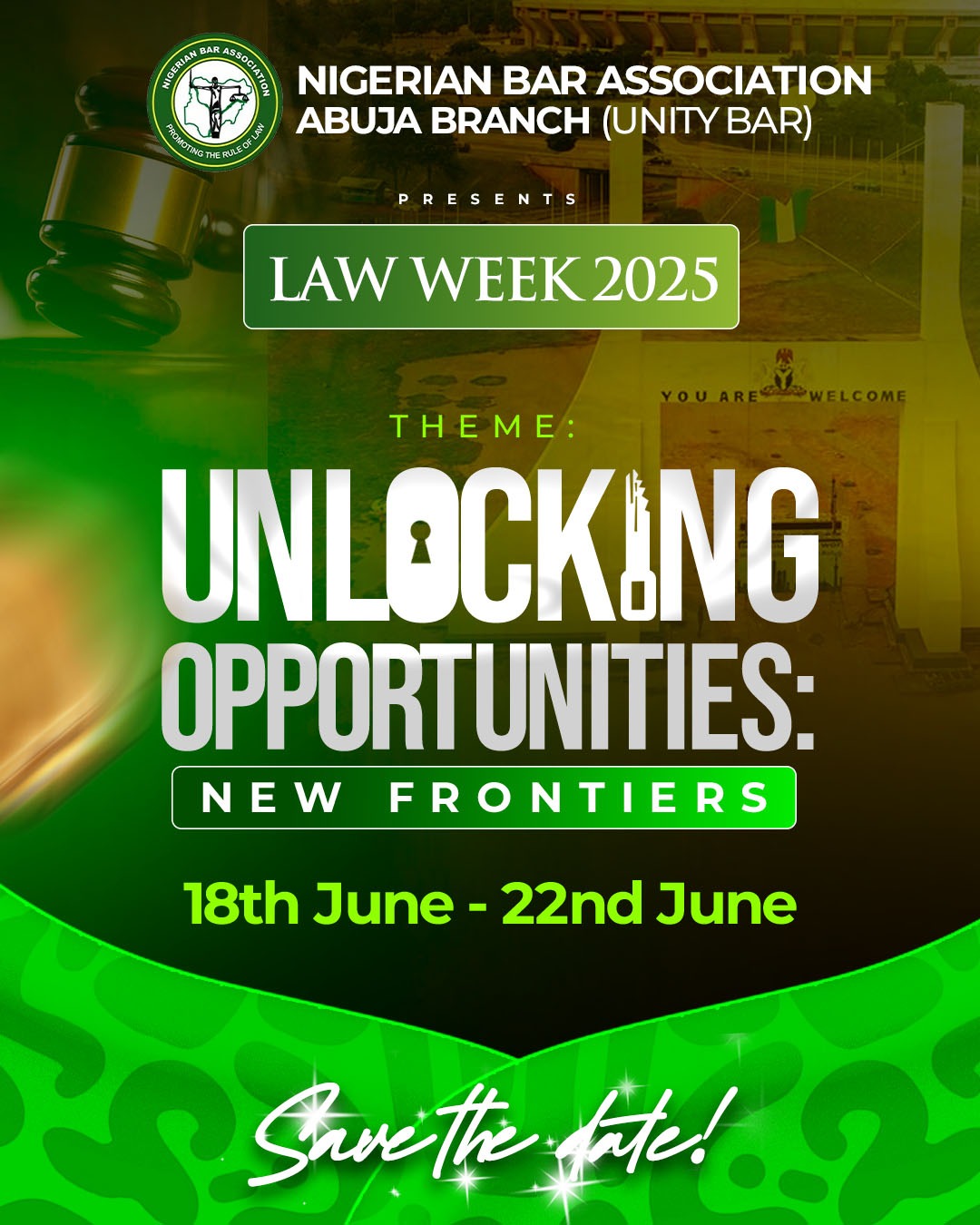By David Langwallner
I have written extensively about the lawyer in cinema and the relationship between literature and law but not as extensively about the portrayal of lawyers in literature. It may prove to be an impossible undertaking and as yet I do not have the time or energy to do it with some work coming in and regular other column deadlines to attend to but I do have the time and energy to write about my favorite portrayal of a lawyer by my favorite author. Albert Camus.
Now I have written extensively that Camus is back in fashion as a voice of moderation and anti-extremism as well as the quintessential man of letters and his essays and nonfiction books marvelously express his enlightenment credo and his avowed sense of engagement which is despite an absurd universe one has to be involved and commit. From his involvement in the French resistance to his controversial comments about the Algerian War this was not a disengaged man of letters. He unlike his protagonist in The Fall was not a hypocrite.
Now the longer political tracts on suicide The Myth of Sisyphus (1942) and the classic expression of his anti authoritarian resistance mentality and his distrust of bloodletting and extremism are there in The Rebel (1951) but of course he is most famous as the writer of three novels. The Plague (1947) has brought Camus right back into focus in all it says about our present conorovirus times and The Outsider/L’Etranger (1942) has never been unfashionable and hotly debated by multi culturalists. The last novel The Fall (1956)nbefore the posthumous The First Man (1995) also set in sultry Algeria is less written about though in many ways it is his best. At the outset to preface the book he quotes Lermontov who said of his own epic A Hero of Our Time (1850) where the Byronic hero Pechorin is a superfluous nihilistic figure. So one can see what he was doing with his hero or anti hero.
“It is in fact a portrait, not of an individual; it is the aggregate of the vices of our whole generation in their fullest expression.”
Short, crisp and precise The Fall is a detailed exposition on the lawyer as a professional hypocrite. In the Mexico City bar in Amsterdam Jean Baptiste Clamance regales the assembled multitudes as a self styled judge penitent and the book concerns one such dialogue or should it be monologue to a silent presumably willing listener. We the reader. Just As to any client in the bar he introduces himself unctuously Monsieur, may I offer my services without running the risk of intruding.
His view of human society is venal using the example of the piranha fish. It is in effect always a question of who will clean up or eat the other or worse or better still depending on your view comparing the holocaust to vacuum cleaning and admiring on a purely professional level the technique and the diligence. The view of human nature is not benign.
As a Parisian lawyer the book in a confessional style highlights his own professional hypocrisy. Often taking charitable cases to make he look good. He had rightness of tone, appropriate emotion, persuasion and warmth. Restrained indignation. The self esteem of the putative righteous.
His representation of the innocent threads through the book though he ambiguously notes that even those innocent of a crime accused have committed others a dangerous line of argument often pursued by the religious maniacs of Dublin. Though he is caustic about religious maniacs and in a line I must remember he argues that their moralizing makes their Satanism virtuous. Or at least to them it does. It is a common failing of religious people that they do not see the evil in themselves.
He of course in his professional career began to look at himself delusion ally as a superman but is acutely conscious in hindsight of his own middle class hypocrisy. In a telling line he indicates he did not have or rather has no longer friends but accomplices and though he represented the innocent and they were grateful it was vanity. Perhaps here there is an echo of his friend Sartre’s comment Hell is Other People.
The reason we are kind to the dead he argues is that we owe them no obligation. A view I indirectly expressed in my comment unpublished as yet but popular on Judge Hardiman in Ireland Illustrious Corpses.
The book has very interesting things to say in our post truth universe about how power determines truth. We are right because we are the powerful and we win.
This is the truth. You can discuss it as much as you want. We aren’t interested but in a few years they will be the police who will show you we are right
In fact Camus like the present author does not like the police. Well no defense lawyer really does. He in fact in an ironic sense starts to write An Ode to the Police. I have written the converse. Most recently as far as The Irish police are concerned Disband the Gardai.
The expression of how human society is structured on slavery is also pertinent albeit slavery with a smile perhaps a variation of service with a smile. Our new corporate feudalism. Also relevant to our present times he draws the precise relationship between politics and gangsterism save that politicians are the gangsters who win. And now it is of course corporate and political gangsterdom.
As a self styled judge penitent he of course now realizes and argues that in order to judge one has to first become a penitent. He also elaborates on how judging and condemnation involves crucifixion of a secular and perhaps quasi religious form. All crucified all judged.
The sea change the epiphany that leads to self imposed exile in Amsterdam is his failure to assist a suicide victim who throws herself into the Seine. Thus this act of cowardice shows what he is truly like to himself and thus off to exile but not before decline
Months of orgy and excess lest to a slippage in standard of his speeches
The reference, purely verbal, that I often made to god in my speeches before the court awakened mistrust in my clients. They probably feared that heaven could not represent their interests as well as a lawyer
Though sometimes in a closing speech God works.
Marshall Hall at the end of a famous peroration in The Seddon case representing an old prostitute said:
God did not give her a chance why don’t you.
And it worked. It often works in Ireland. In God We Trust Inc.
Jean Baptiste himself fears though the judgment of men not god and regards religion as a huge laundering exercise as do I and Karl Marx soap or detergent or opium depending on your perspective. Much the same thing. The prose is lean but muscular. Lyrical but precise and through his own words it dissects him completely.
We have the lawyer as monster, Posing and preening, loquacious and fawning, with avowed but hypocritical good intentions and ostensible and indeed ostentatious charity but in reality self serving. It says much for our time and the book concludes with a line worthy of Beckett:
“It’s too late now. It always will be too late. Unfortunately.
In 90 odd pages the lawyer as demon captured perfectly and the deep seated hypocrisy of the profession exposed. It would be wrong to transliterate this to Mr. Camus. He was the opposite. A just man. But in our present universe we are more Clamance than Camus. That is the problem.
David Langwallner.
Credit: https://thenigerialawyer.com/





